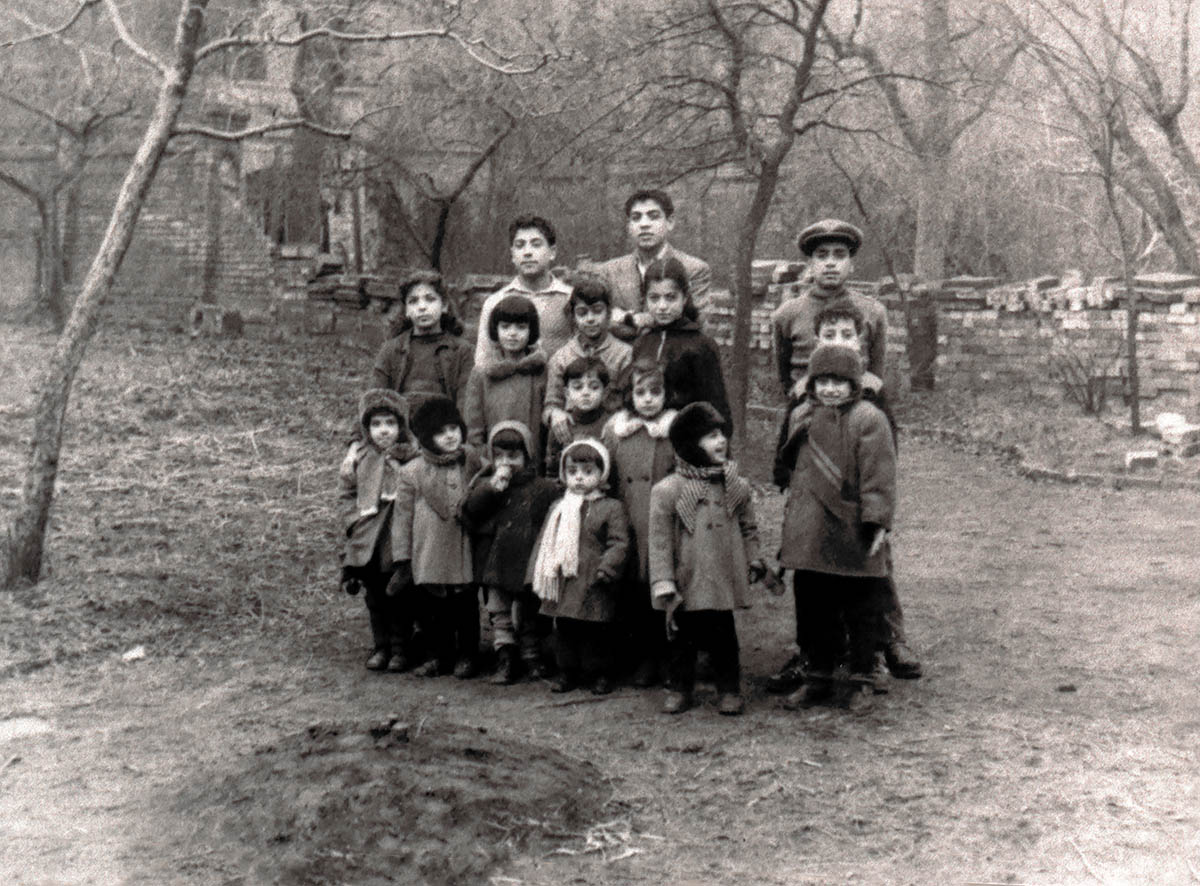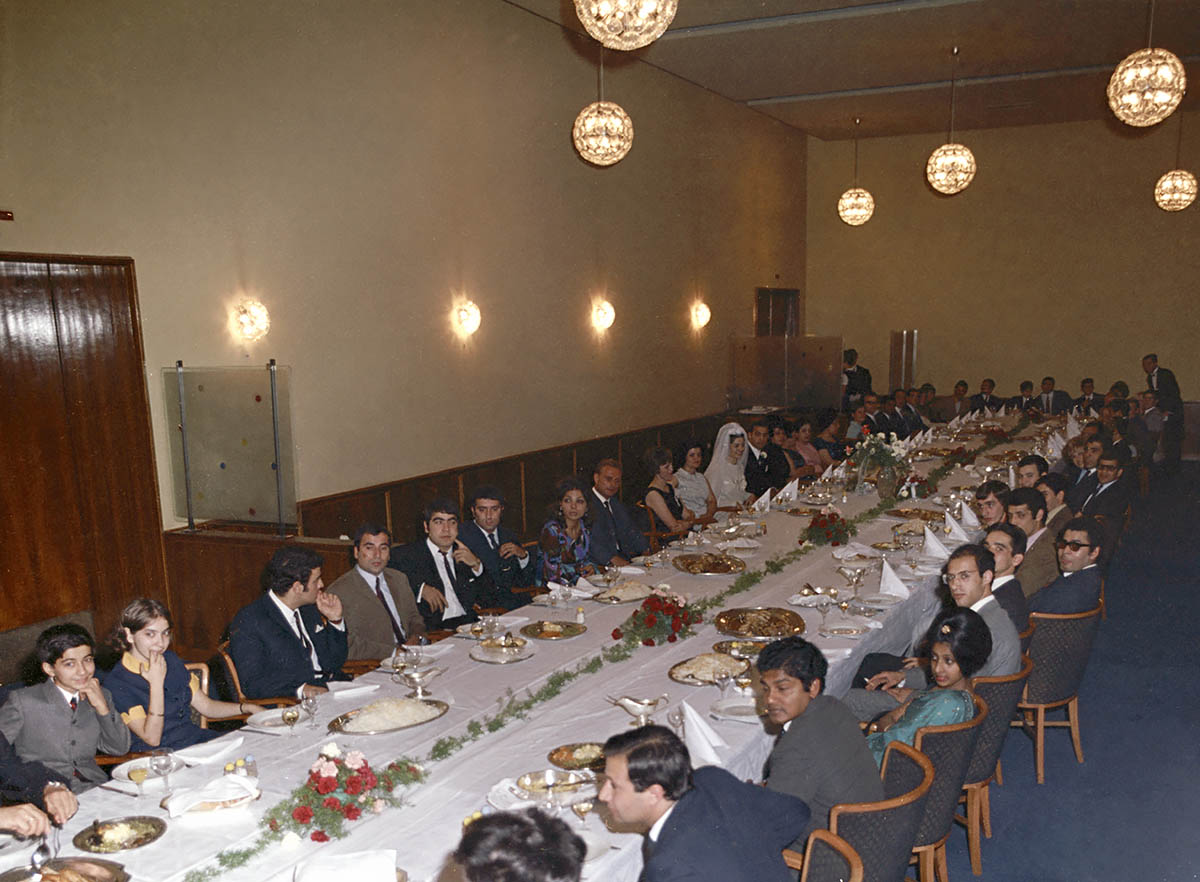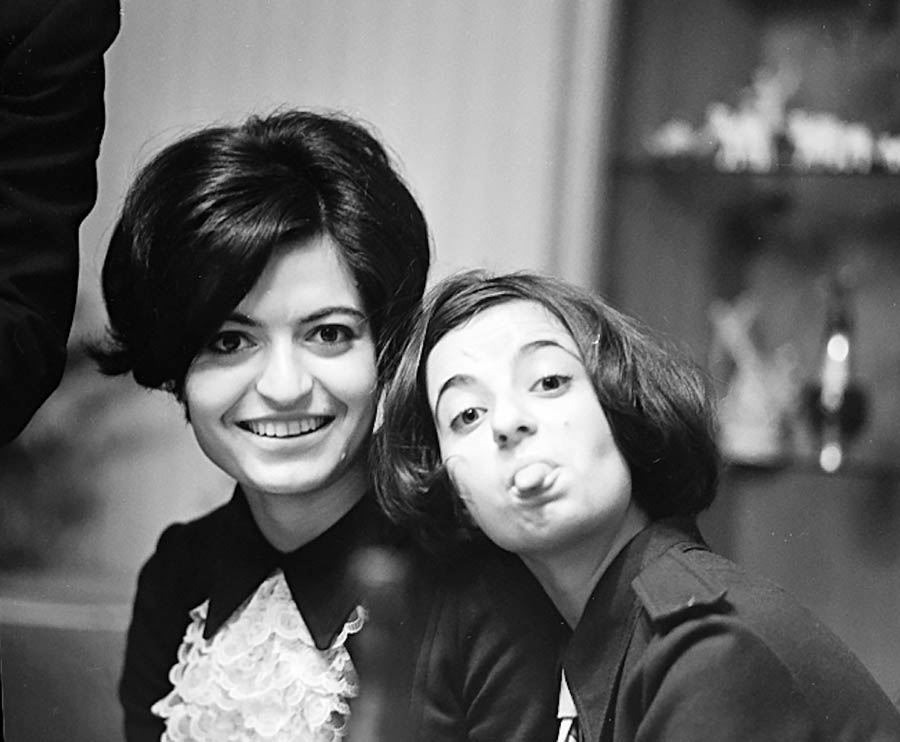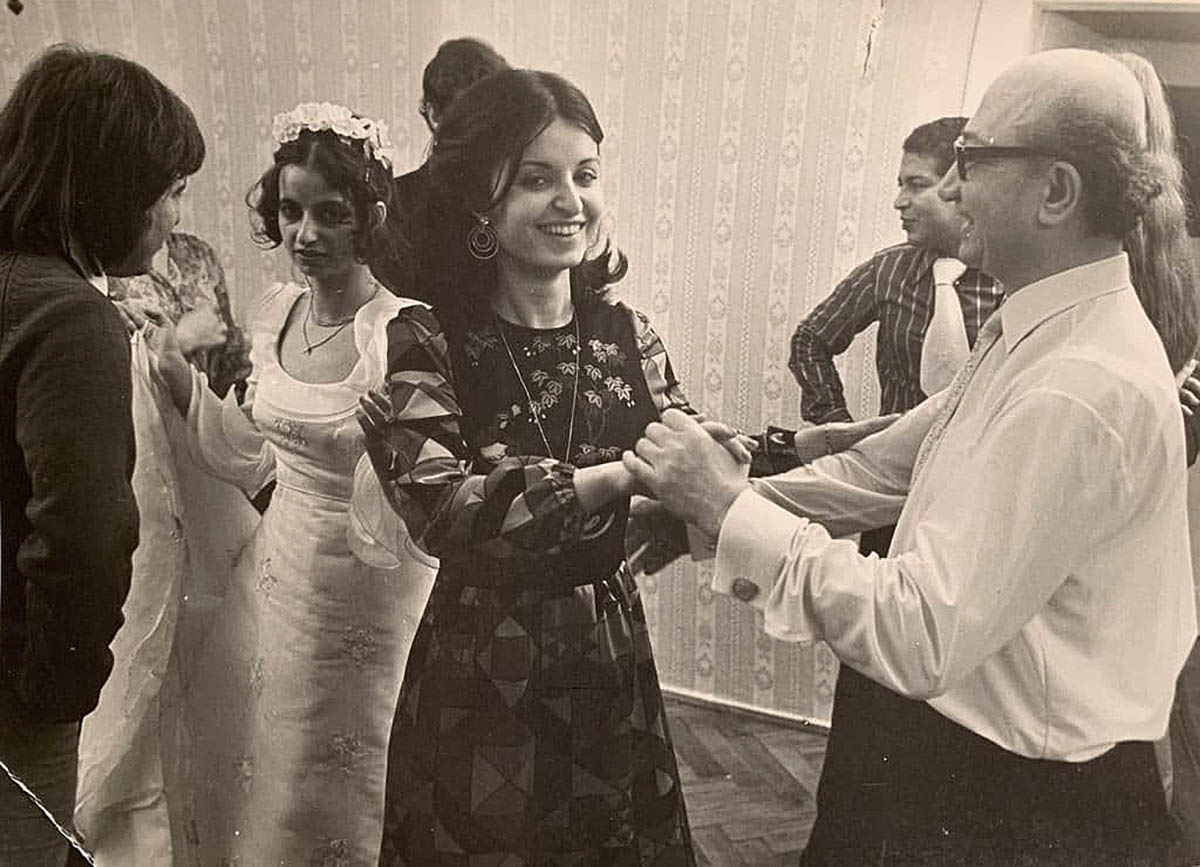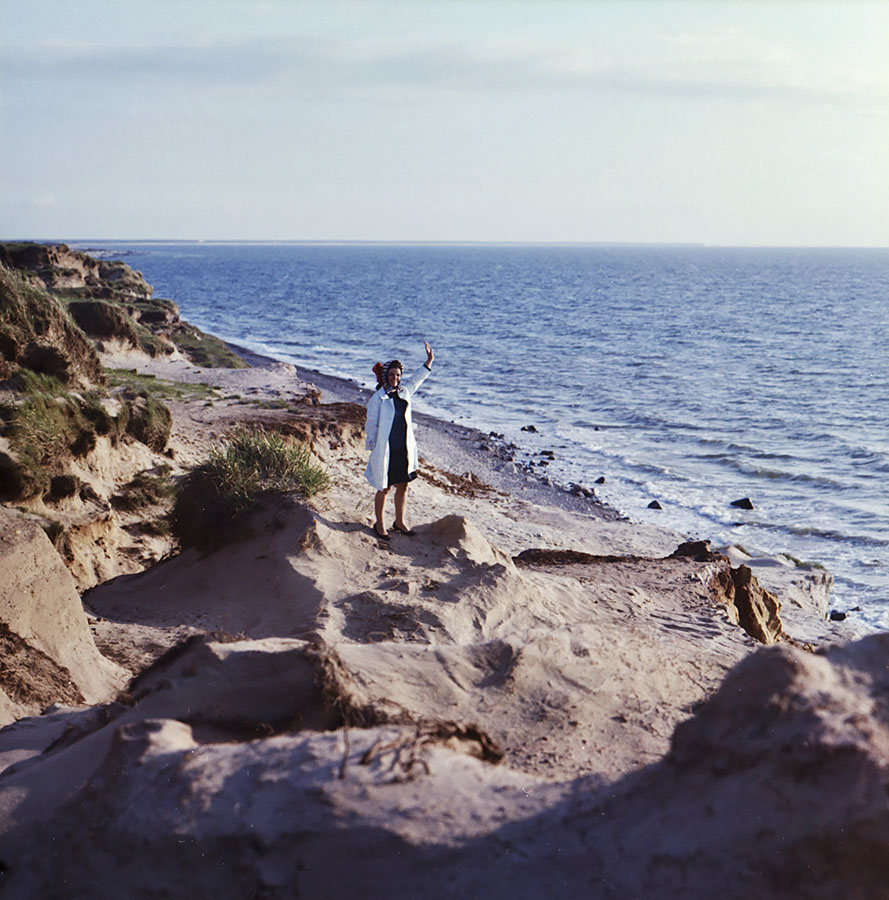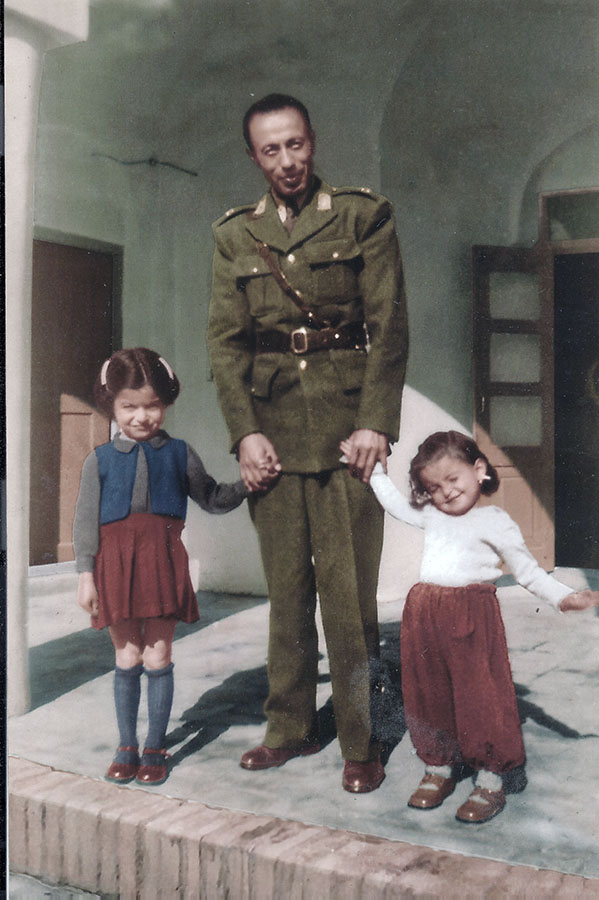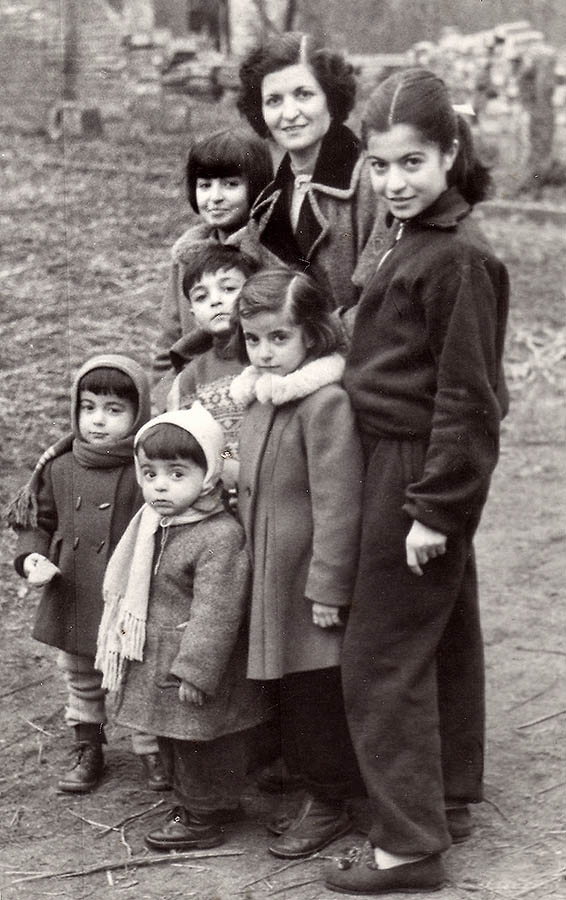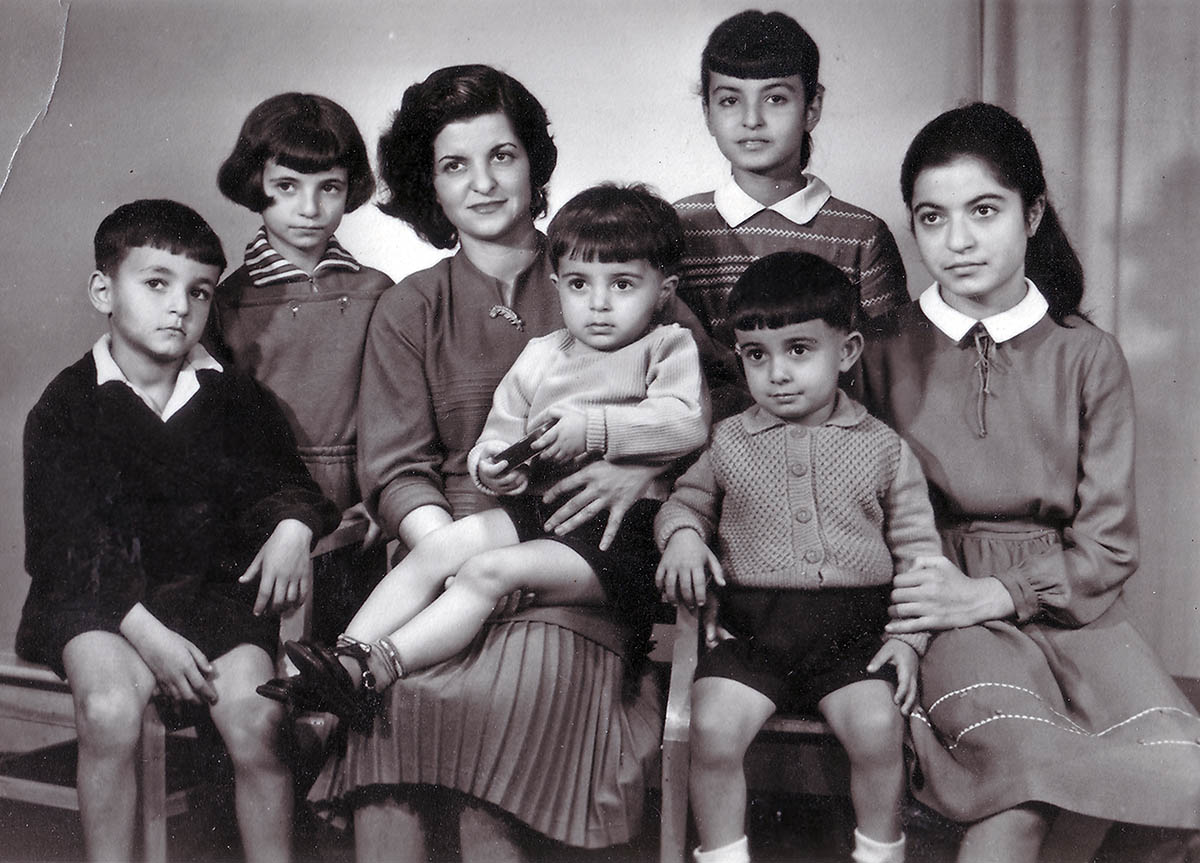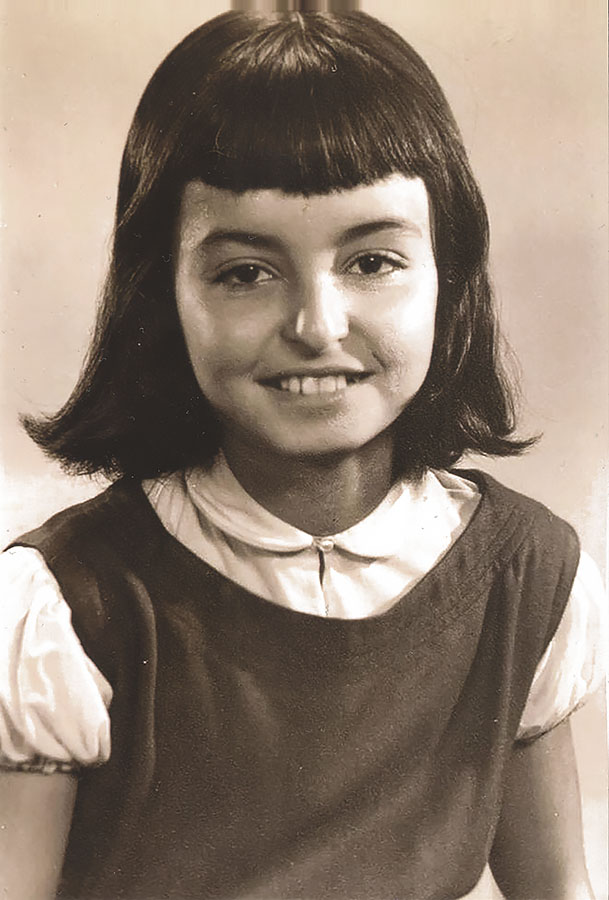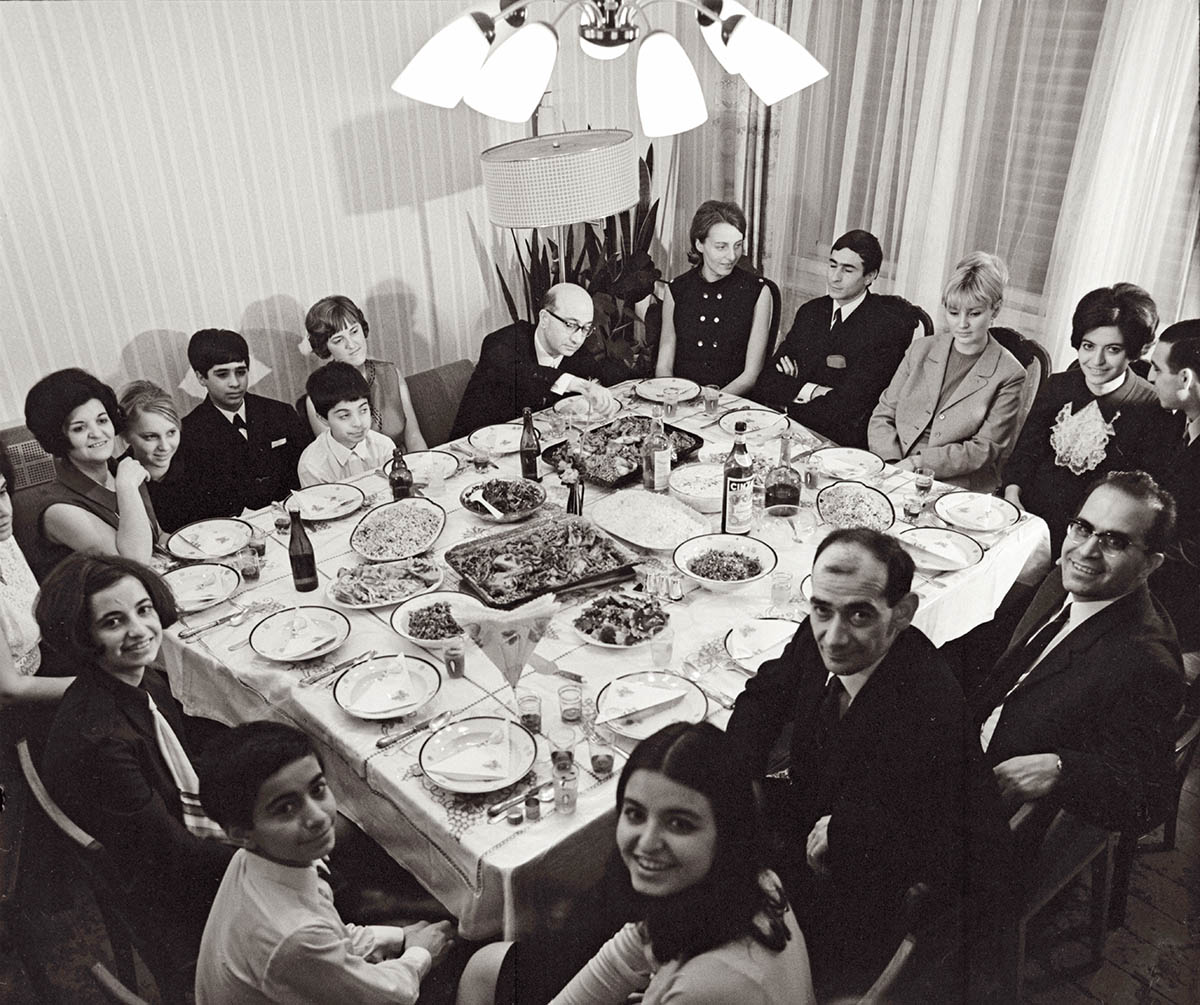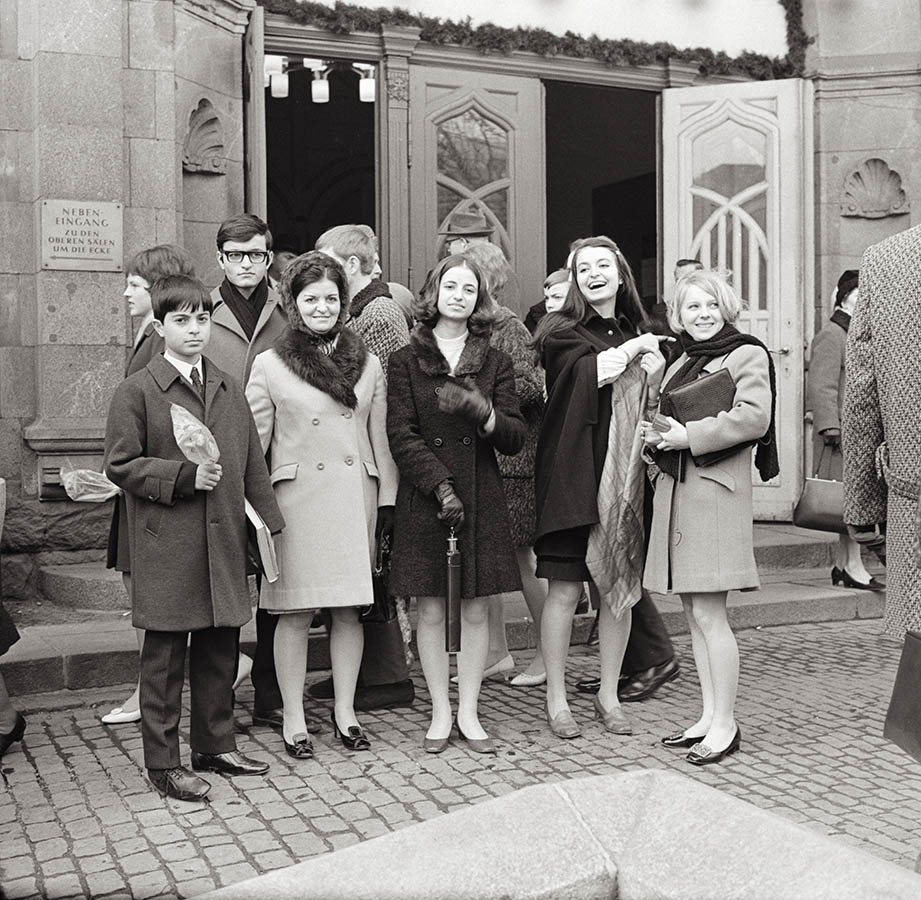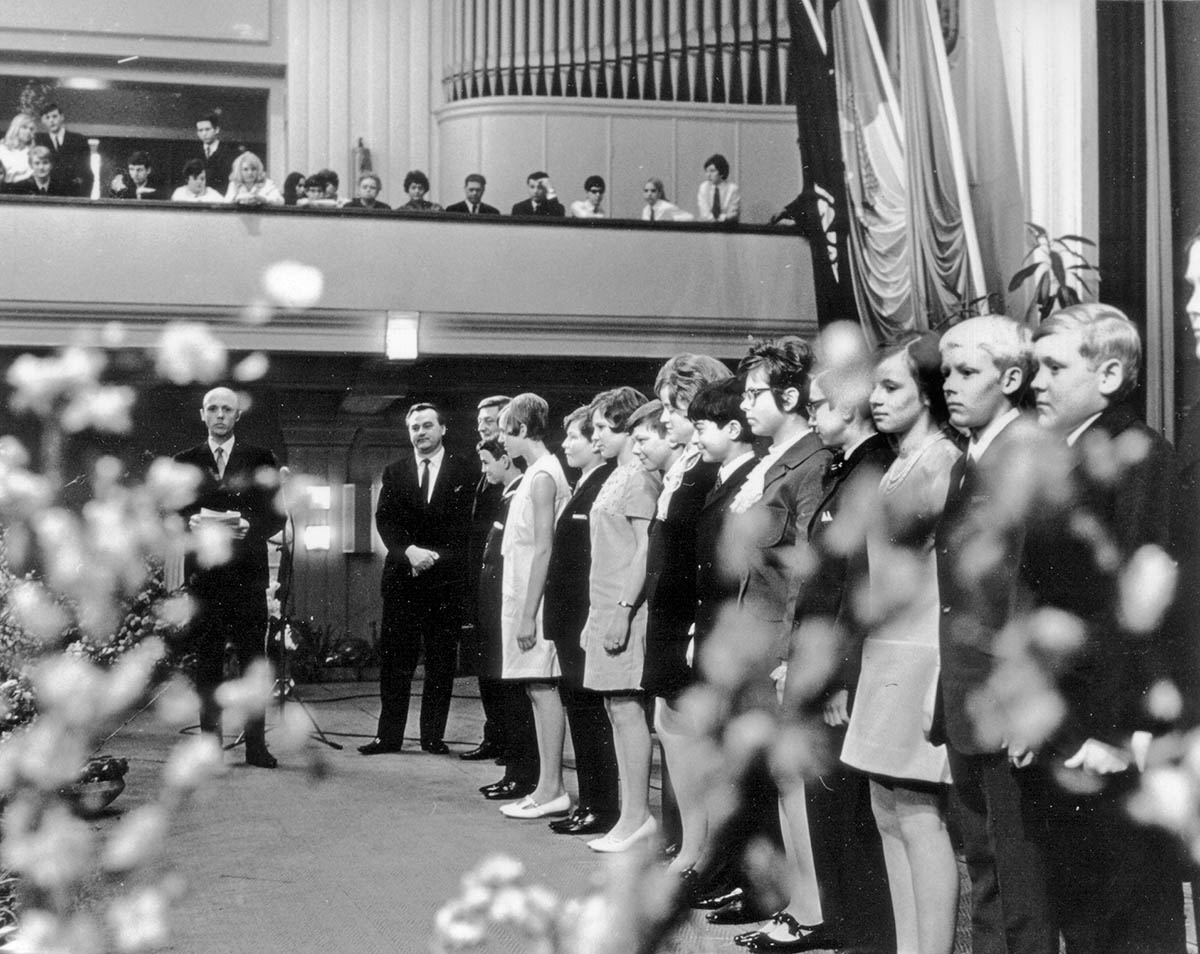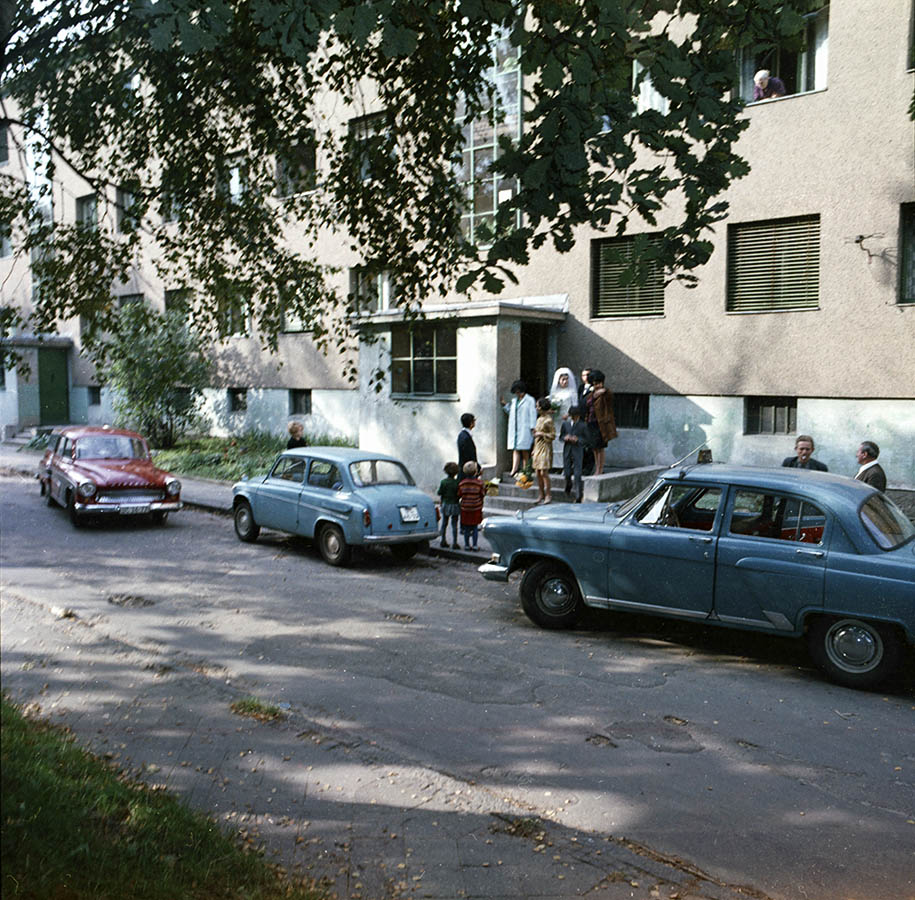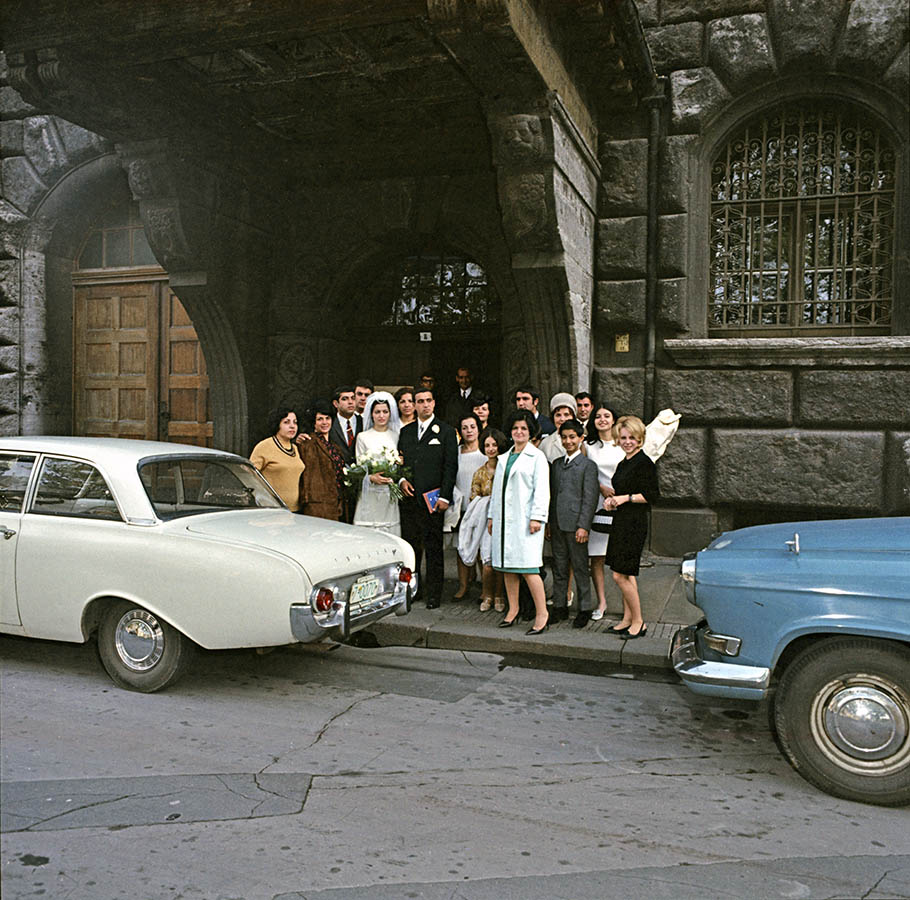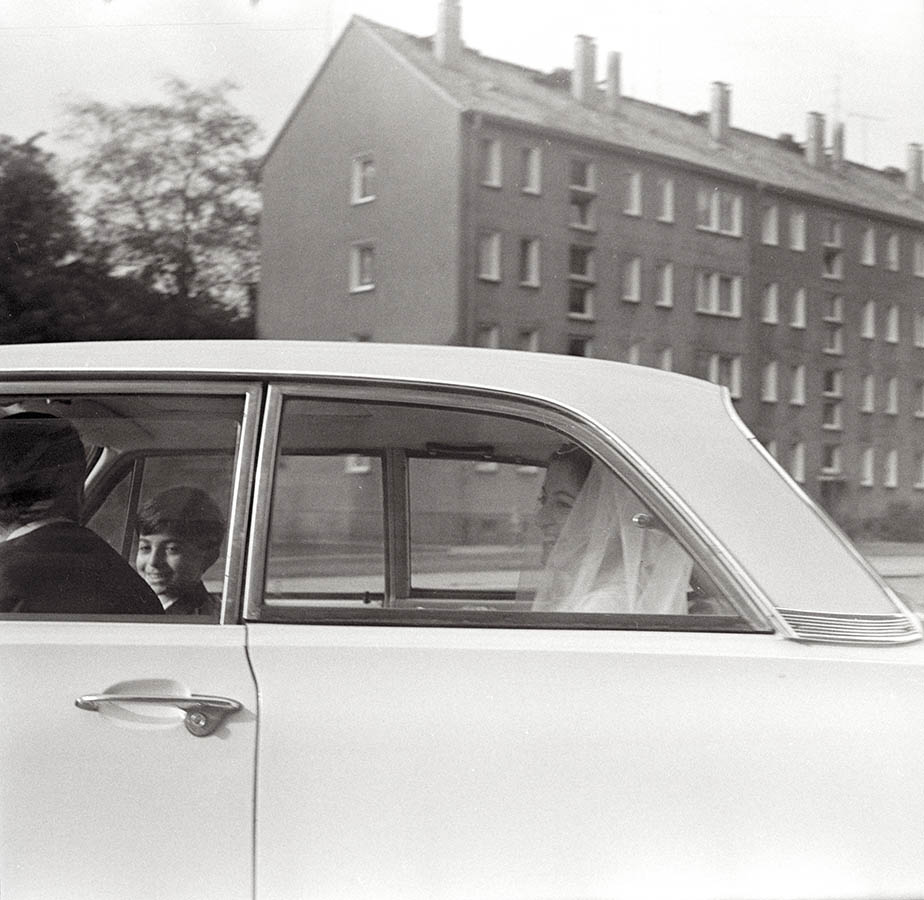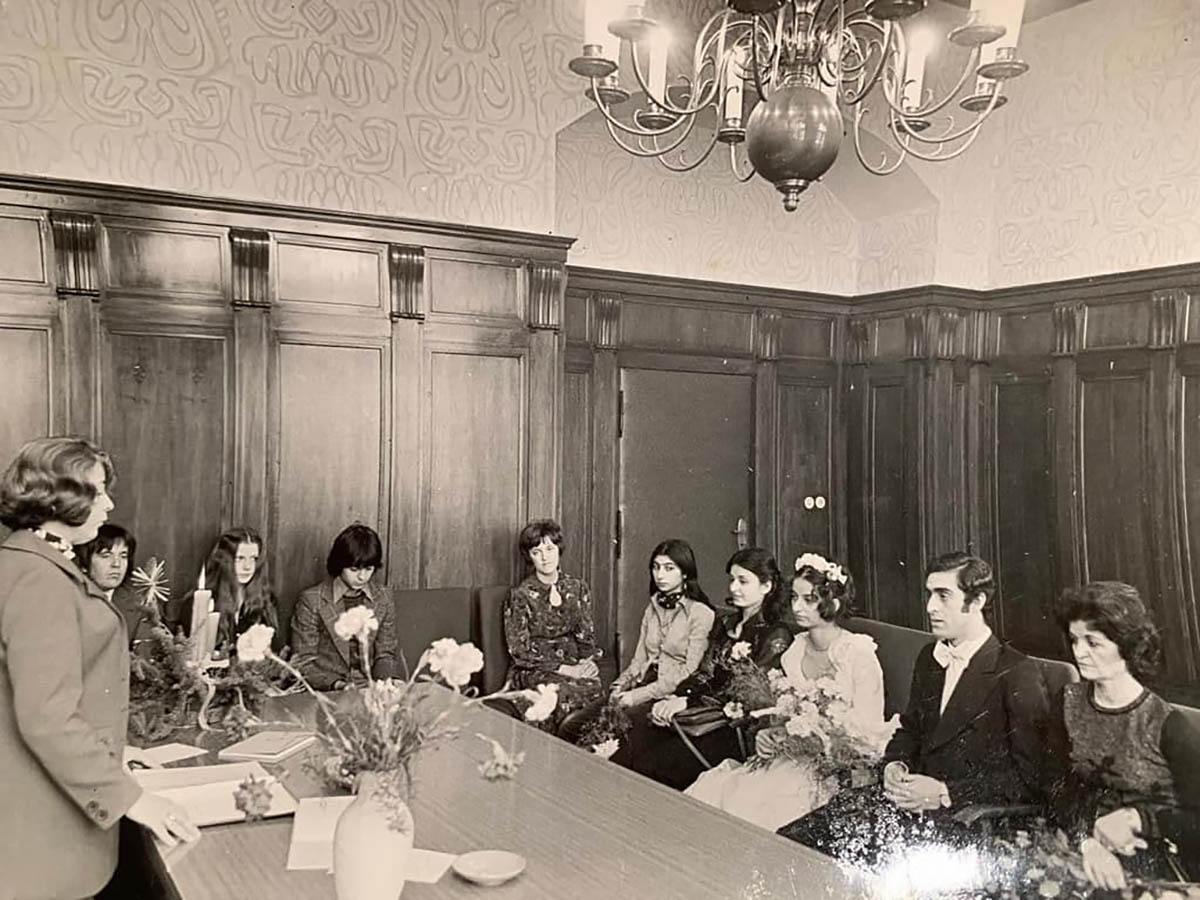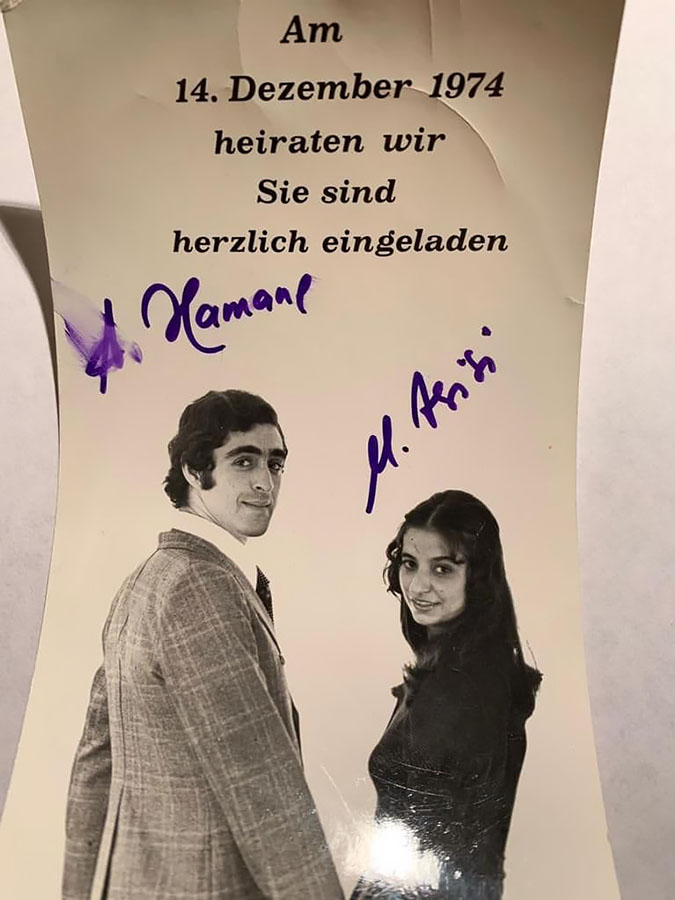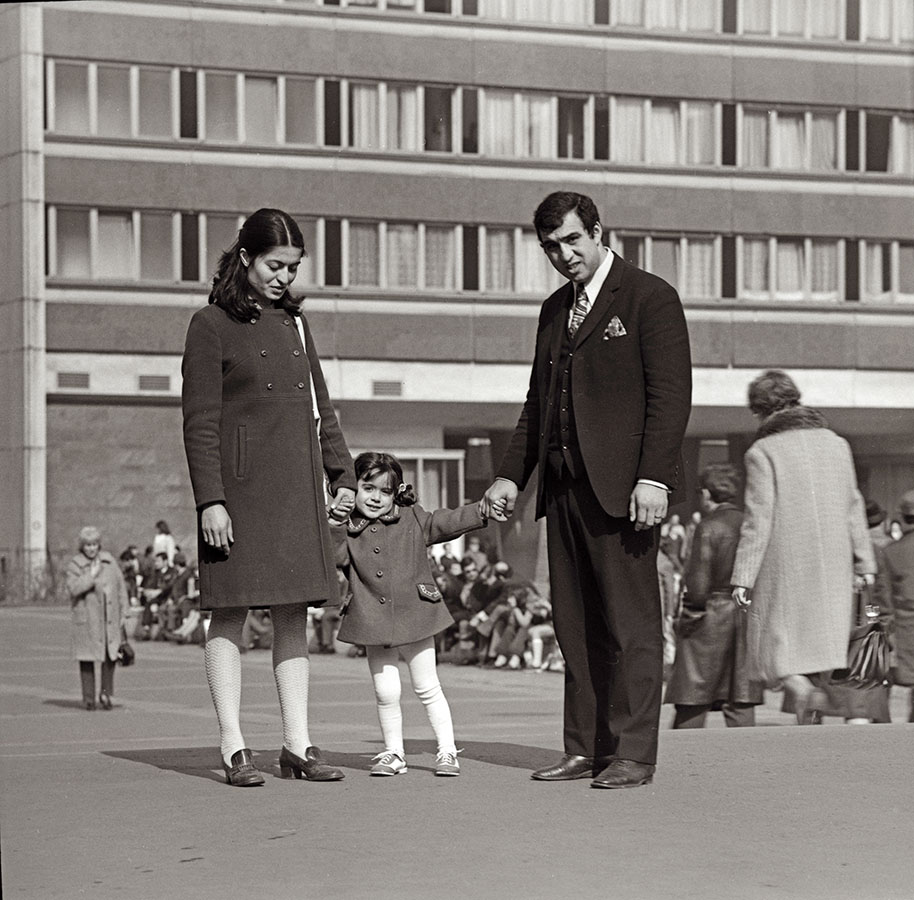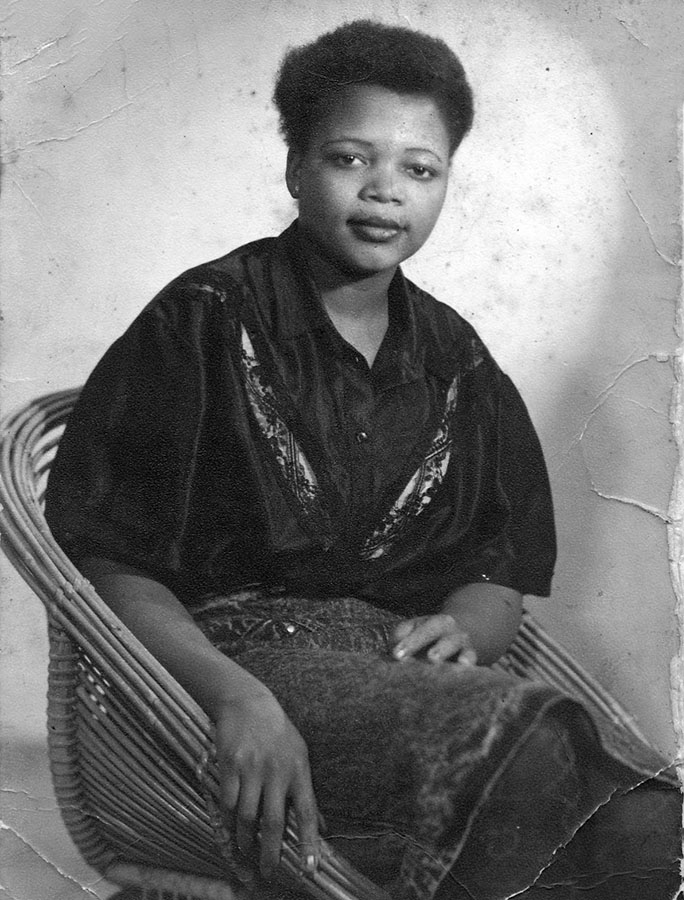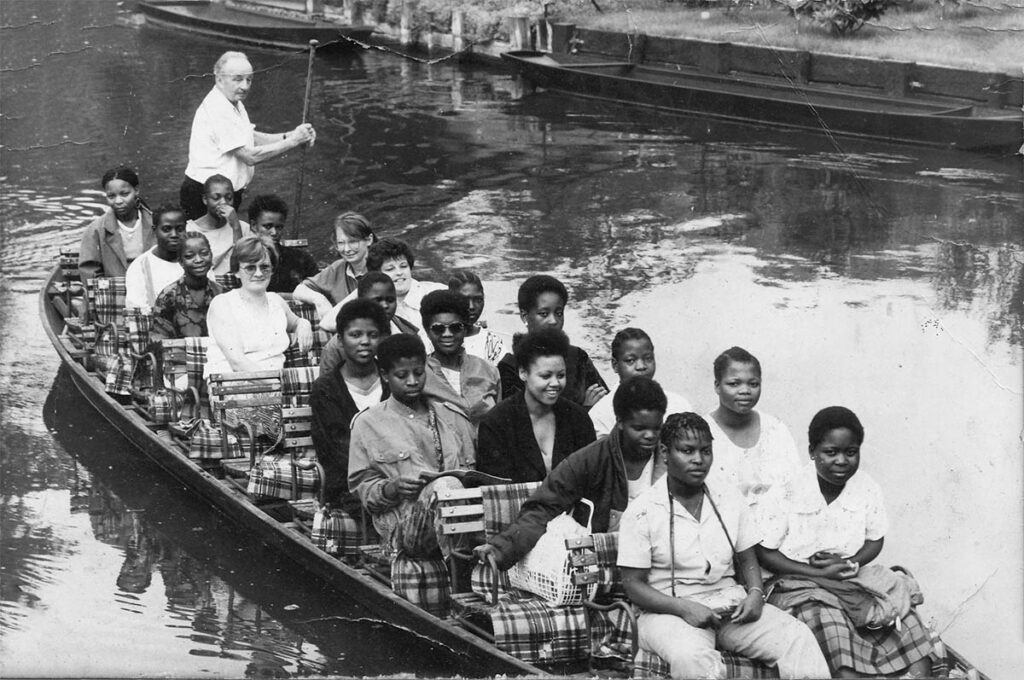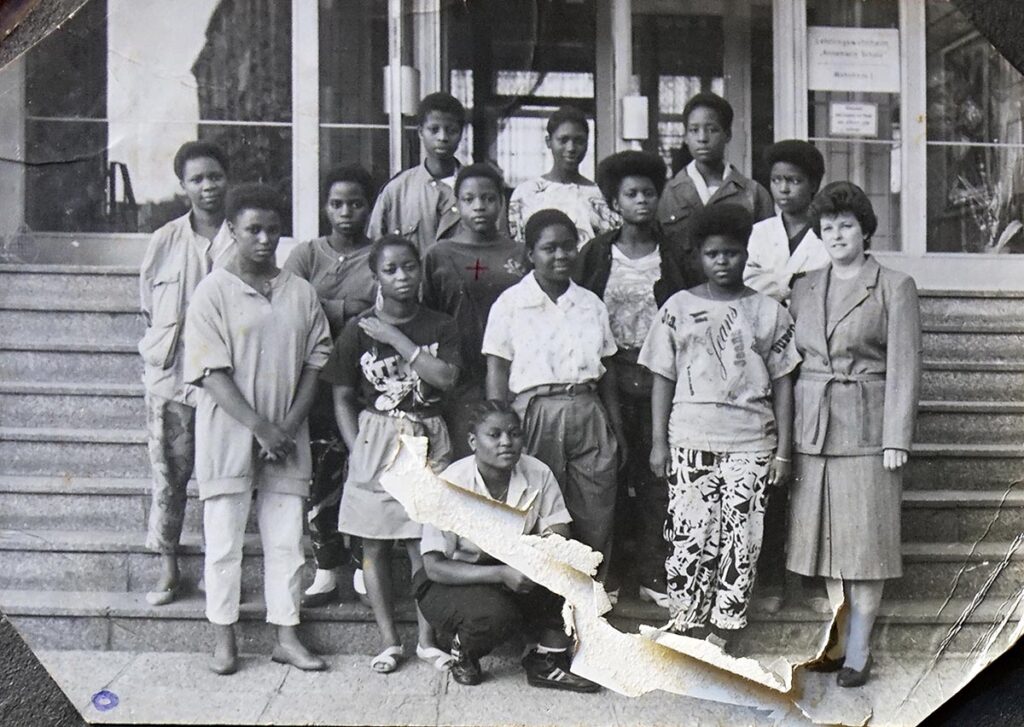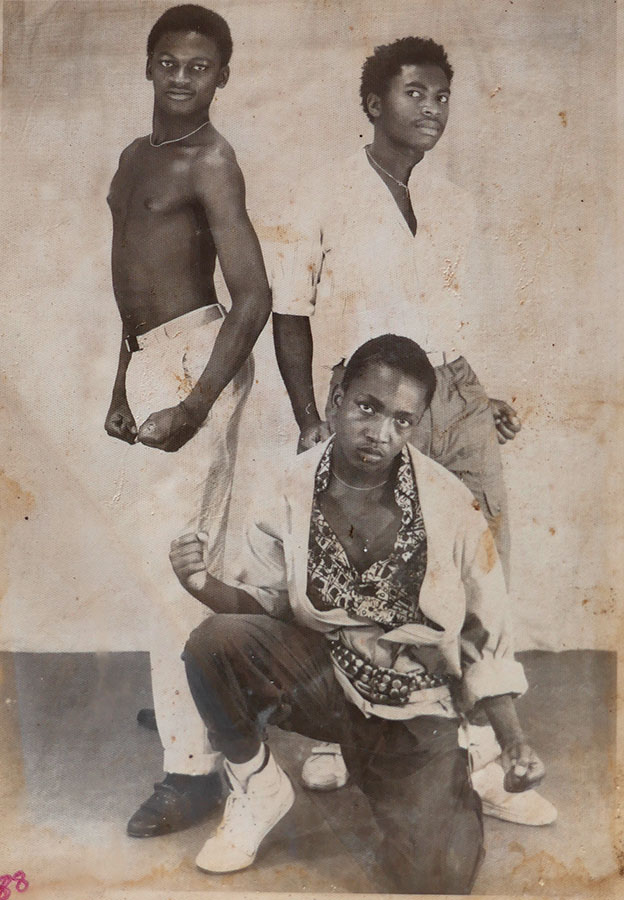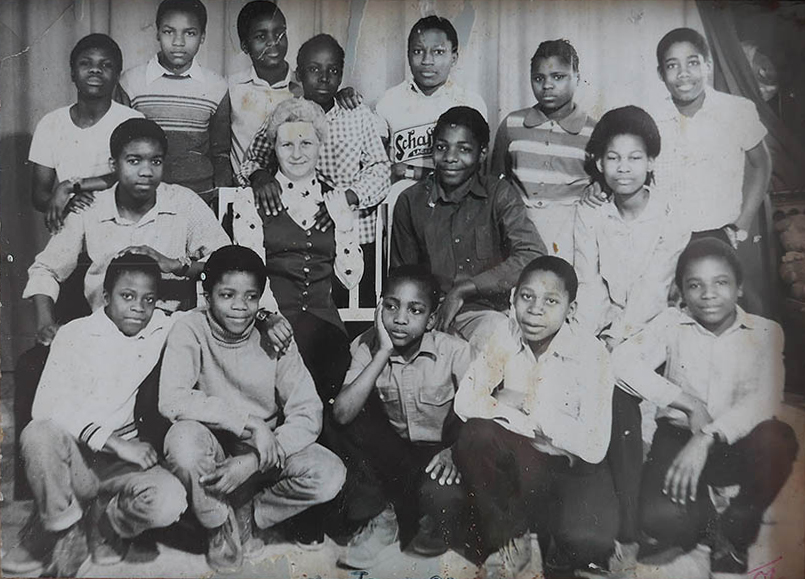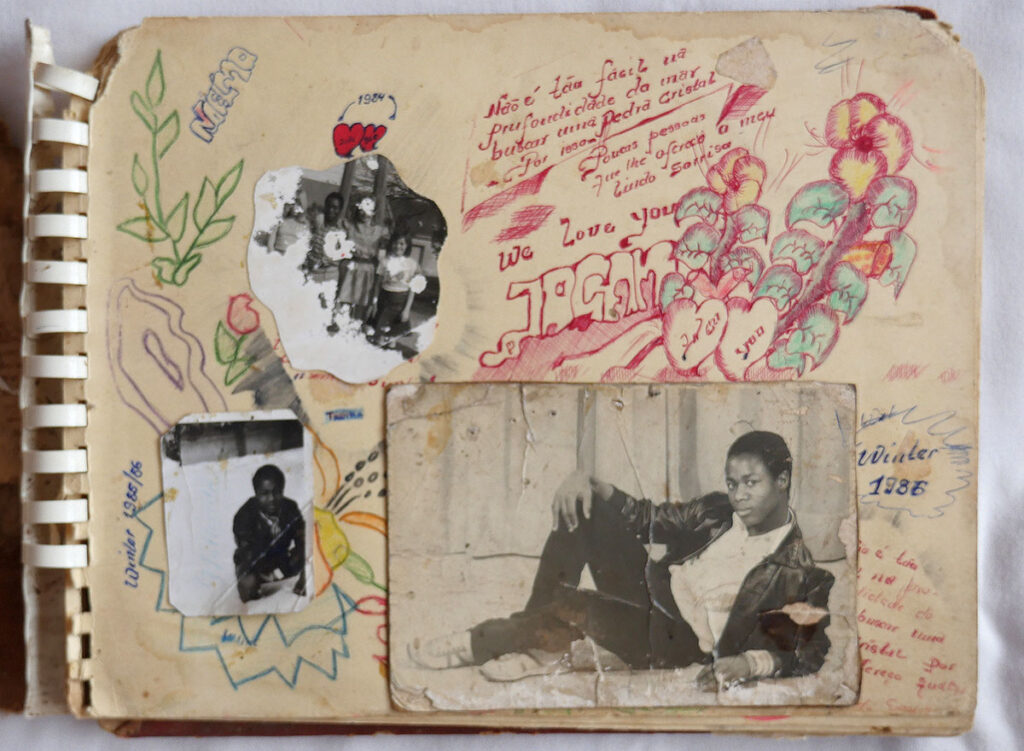Mansar Asisi
In 1957, at the age of eleven, Mansar Asisi comes to Halle together with her mother and five siblings. A member of the Iranian communist Tudeh Party, her father has previously been executed by the regime. They arrive in the GDR as political emigrants via Iraq, Hungary, Austria and Poland.
Escape from Iran
Together with several comrades Mansar Asisi’s father is executed in the mid-fifties after a plot to overthrow the Shah regime has been uncovered. The communist Tudeh Party offers the persecuted families to leave Iran in destination of a “socialist brother state”. It assists their escape with forged documents. They find refuge in various countries of the Eastern Bloc. Mansar’s mother Monir is single and six months pregnant when she flees with her five children.
Our story is a slightly different one. We are the privileged migrants
Mansar Asisi, Berlin 2020
Arrival in a mansion
In 1957, the East German government grants asylum to Monir Saremi and her children. The family is accommodated in a stately Art Nouveau villa together with four other Iranian families suffering the same fate. “That really was a great house. It was great for us children, it was super. We, with six children, had two rooms. We had a huge room and a smaller one. Then we had a club room, a dining room, the kitchen downstairs, we had a cook and a secretary for the five families. We had our huge garden and played there. We were eighteen children. All of the kids in the photo later went to university.”
Welcome to East Germany
The children of the Iranian political emigrants go to school and receive some additional German lessons. Mansar Asisi enters fourth grade. “I was small and petite, everyone liked me. I was not the ostracized stranger. On the contrary, we were exotic. Everyone wanted to sit next to you. One girl cried because she wasn’t allowed to sit next to me. We didn’t have many clothes, they were washed, ironed and worn again. Our lives were modest, but we were happy and content.”
The Iranian women are assured that later their children will be allowed to go to university as well as to leave the GDR after completing their education.
Friends and festivities
After two years the families move out of the community house into individual flats in Halle, and later to Leipzig. An aunt of Mansar Asisi also lives there. They befriend a Turkish couple, which invites them over for dinner time and again. They have many friends. Many photos show them at festivities. A German photographer also belongs to the family friends. Some of the photos are taken by him.
It was not a bad time.
Mansar Asisi, Berlin 2020
Leaving East Germany
In 1965, at the age of eighteen, Mansar Asisi begins to study architecture in Dresden. She appreciates the good education she receives there. In 1970 she successfully graduates from university. Her two sisters marry students from Algeria. Mansar and her family have much contact with people from other countries of origin living in the GDR. But what is in store for her after finishing her education? She wants to return to Iran via West Germany, and applies for permanent departure from the GDR, which is granted. In Hanover she is given a toleration permit that must be renewed every month. The return to her homeland fails because she is not issued an Iranian passport. Over time, Mansar becomes settled in West Germany. Monir Saremi, Mansar’s mother, who has also departed for West Germany, fights at the Iranian consulate in Hamburg to obtain Iranian passports for her family members. It takes a long time before she can finally return to her native country. There she dies in 2011.
Today Mansar Asisi lives as a pensioner in Berlin.
Credits:
Nguyễn Phương Thúy conducted the interview in Berlin in 2020.
Text: Isabel Enzenbach
Research and research protocol photos: Nguyễn Phương Thúy
